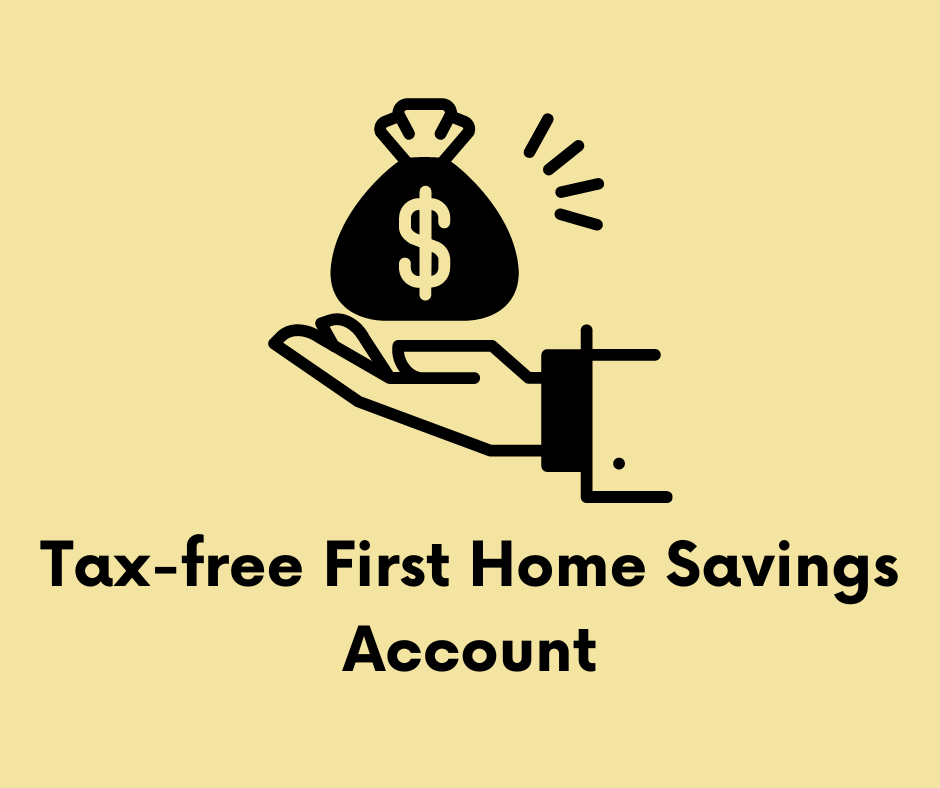Are you a first-time home buyer? There are several programs and incentives available to help Canadians achieve their homeownership goals. These include the Tax-free First Home Savings Account, Home Buyers' Plan, First-Time Home Buyer Incentive, and GST/HST New Housing Rebate.
Each program has different eligibility requirements, so it is important to research which one is right for you before making a purchase. Read on and learn more about these helpful initiatives!
First-Time Home Buyers' Tax Credit
The Canadian First-Time Home Buyers’ Tax Credit (HBTC) is a non-refundable tax credit for first-time home buyers who purchase a qualifying home. In 2022, the amount of the HBTC was calculated by multiplying $5,000 by the lowest personal income tax rate (15% in 2022).
The upcoming proposed changes would increase the amount used to calculate the HBTC to $10,000, which would provide a tax credit of up to $1,500 to eligible home buyers.
For a first-time home buyer to be eligible, they must meet certain criteria, including the home must be purchased before December 31 of the following calendar year and it must be used as their primary residence.
In addition, if a couple is purchasing a home together, both individuals must qualify as first-time home buyers to receive the HBTC.

Tax-free First Home Savings Account [Not yet effective]
The Tax-free First Home Savings Account (FHSA) is a great way for Canadians to save up to $40,000 toward their first home purchase. This savings account accrues interest—tax-free—and the money can be withdrawn tax-free when it’s time to purchase a home. Unlike the RRSP, there is no requirement to repay the money withdrawn from the account.
The FHSA would have an annual contribution limit of $8,000 in addition to a lifetime contribution limit of $40,000. Contributions to the FHSA would be tax deductible, and withdrawals to purchase a first home—including from investment income—would be non-taxable. An FHSA would be permitted to hold the same qualified investments that are currently allowed in a TFSA.
When it comes to comparing the Tax-Free First Home Savings Account with a TFSA or RRSP, it’s important to note that you can grow your savings tax-free up to $40,000. Unlike TFSAs and RRSPs, there is no flexibility as to how you use your savings in this account – it must be used for a first home purchase.
If you do not purchase a home within 15 years of setting up the account, the money in the account can be transferred to your regular RRSP account. The government expects that Canadians will be able open and contribute to an FHSA at some point in 2023.
RRSP Home Buyers' Plan
The Canadian Home Buyers’ Plan (HBP) is a government program that helps first-time home buyers purchase a qualifying home by allowing them to withdraw up to $35,000 from their RRSP without paying any withholding taxes. If you are purchasing your first home with your partner, the two of you can withdraw up to $70,000 combined.
For the withdrawal to be eligible under the HBP, you must have had your funds in your RRSP account for at least 90 days before withdrawing. The money must also be used within one calendar year of being withdrawn and you must purchase or build a qualifying home no later than October 1st of the year following your withdrawal.
Once you have obtained the funds, you must begin repaying them into your RRSP starting in the second year following the initial withdrawal. The minimum annual payment amount is calculated by dividing the borrowed sum by the repayment period (15 years).

The First-Time Home Buyer Incentive
The Government of Canada's First-Time Home Buyer Incentive is a shared equity mortgage program that provides interest-free loans to eligible first-time home buyers. Depending on the type of property purchased, the loan can range from 5% to 10% of the purchase price.
This helps reduce monthly mortgage payments without adding to the amount borrowed. The loan must be repaid when the property is sold or after 25 years, whichever comes first. This incentive provides an opportunity for Canadian first-time home buyers to purchase a qualifying home with assistance from the government.
- New Constructed homes: 5% to 10%
- Resale homes: 5%
- Mobile and Manufactured homes: 5%
The government will also adjust the loan amount based on the appreciation or depreciation of the market value of the home. In the event of an appreciation, the incentive amount plus a maximum gain to the Government of 8% per annum (not compounded) on the incentive amount from the date of advance to the time of repayment will be used.
Conversely, in cases of depreciation, the incentive amount minus a maximum loss to the Government of 8% per annum (not compounded) on the incentive amount from the date of advance to the time of repayment will be applied.
GST/HST New Housing Rebate
Not an option for making a down payment but it can put some money back in your pocket. The GST/HST New Housing Rebate Program provides rebates to eligible home buyers who have purchased a new or substantially renovated home in Canada.
The maximum rebate amount is 36% of the GST on homes priced under $350,000 and there are partial rebates available for homes between $350,000 and $450,000. A home priced at over $450,000 does not qualify for a GST rebate.
To be eligible to receive the rebate, you must have purchased or built a qualifying home that is used as your primary residence and you must have obtained legal title to the property before you apply for the rebate.
Conclusion
There are a variety of incentives and programs to help first-time home buyers purchase a home. These include the Home Buyers' Plan, the First-Time Home Buyer Incentive, and the GST/HST New Housing Rebate Program. Each program has its own set of qualifications and terms, so it's important to do your research before you decide which one is right for you. With the right combination of incentives and smart planning, you can turn your dream of homeownership into a reality.
.png)